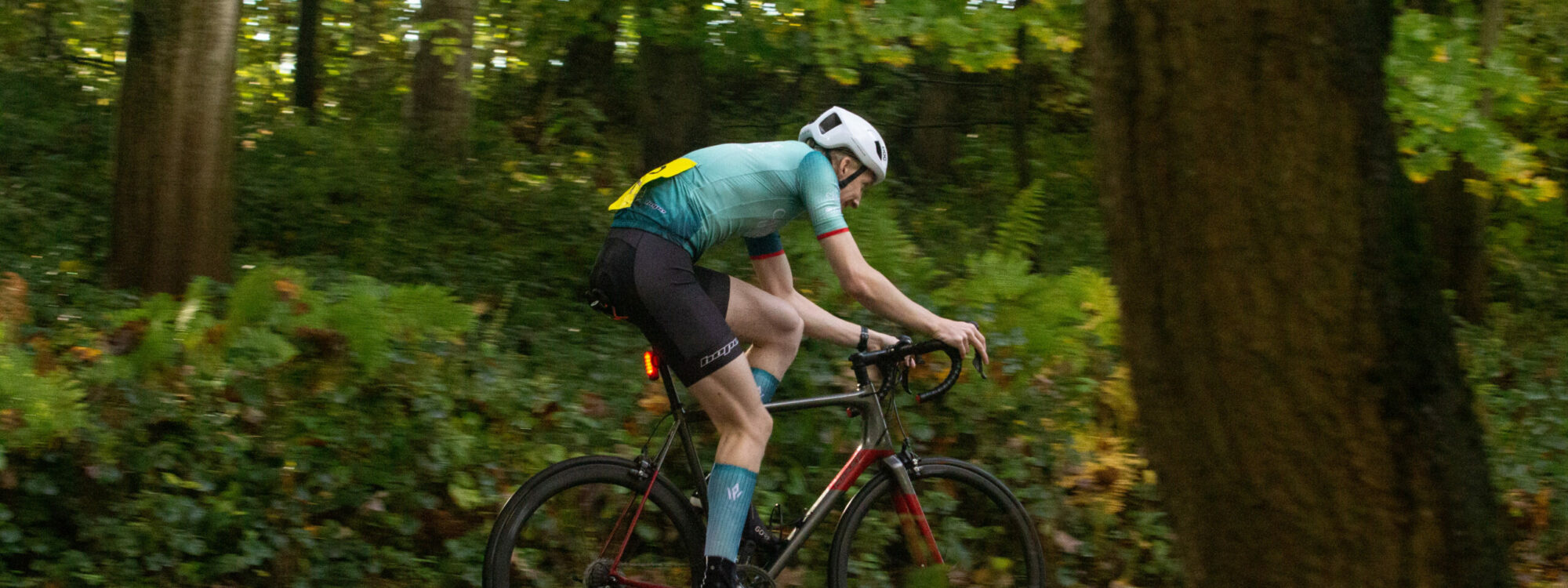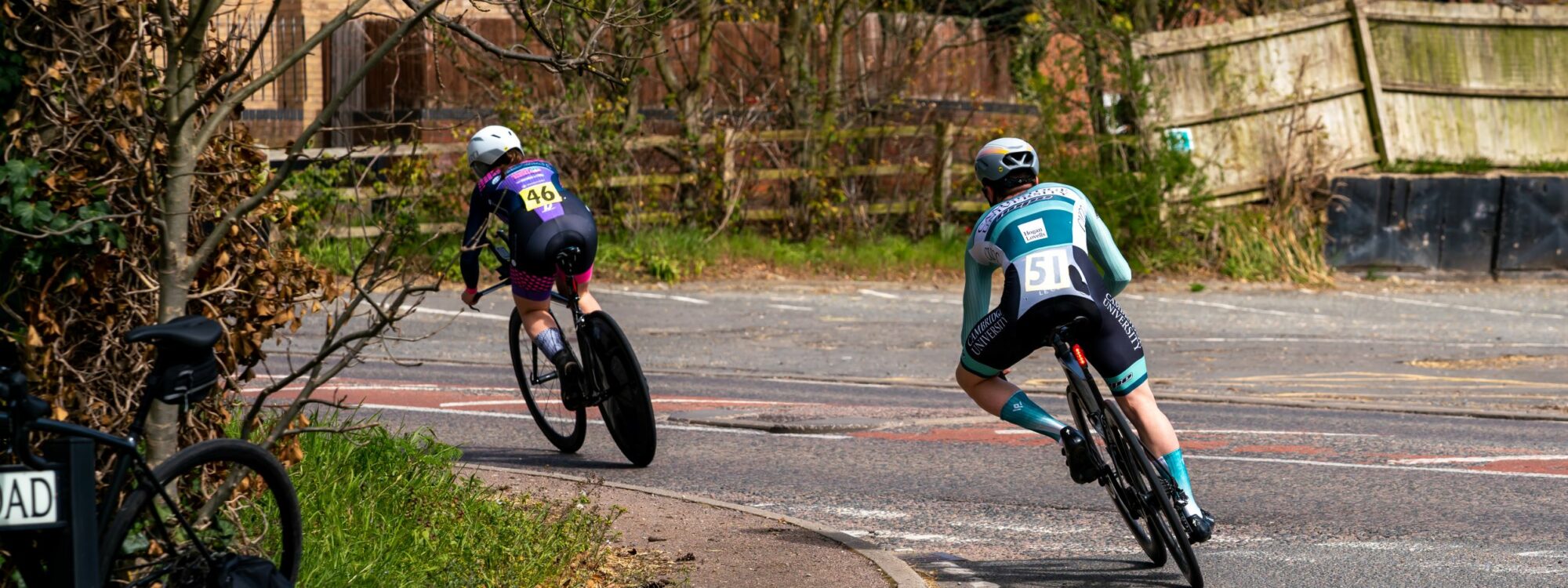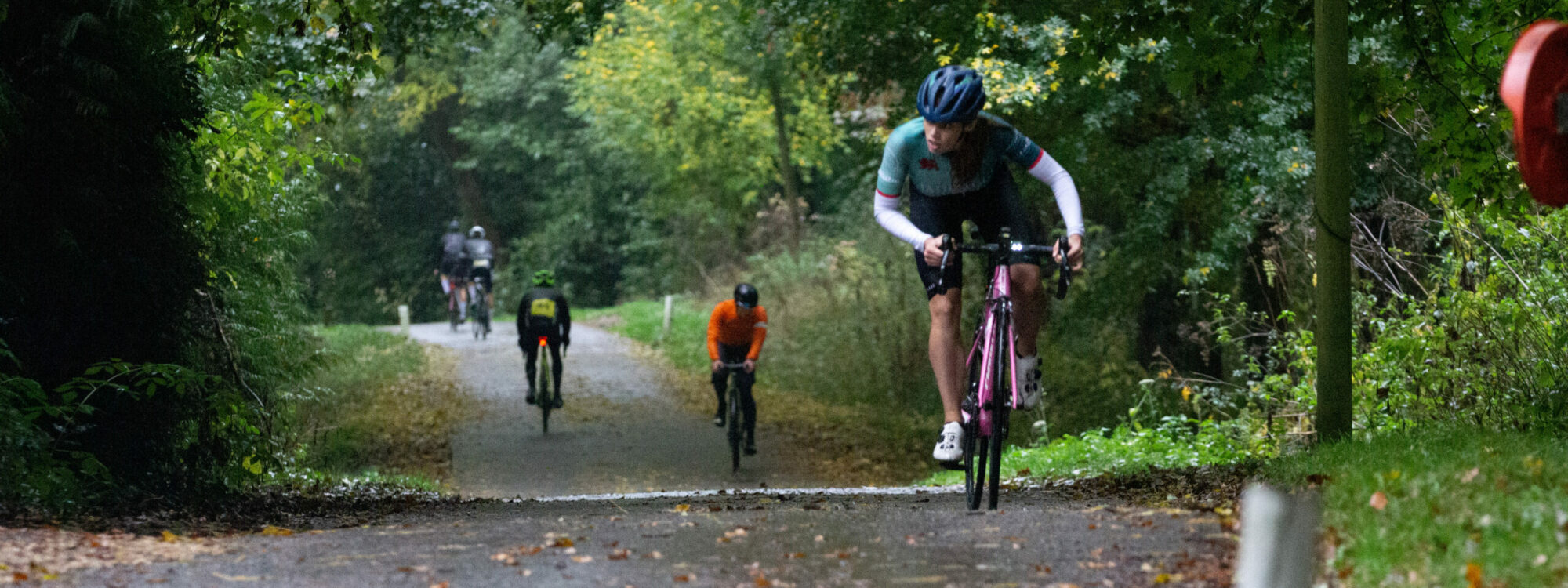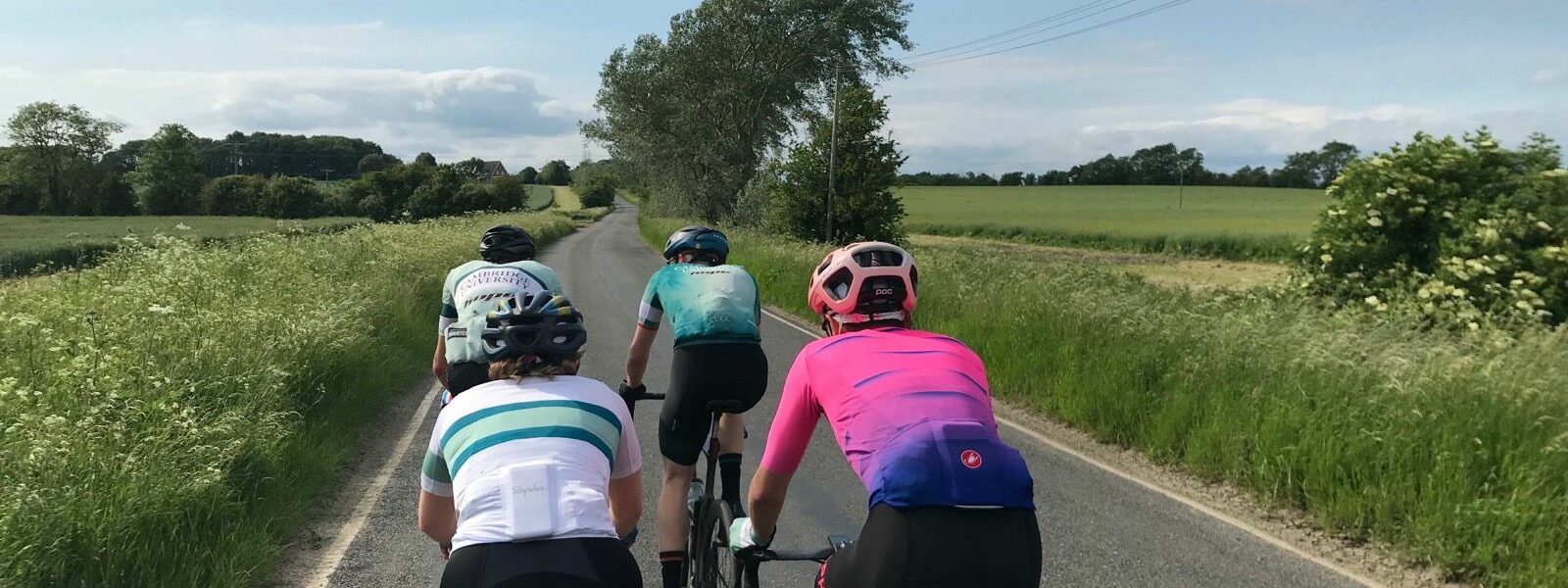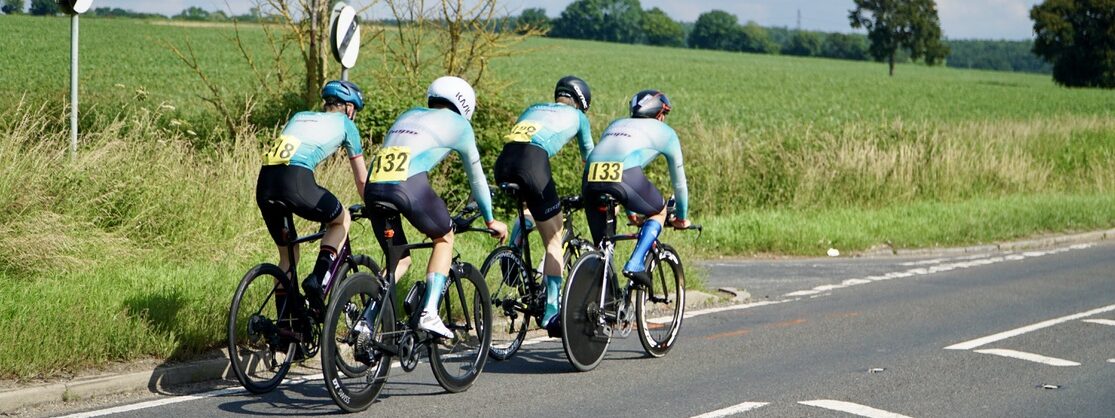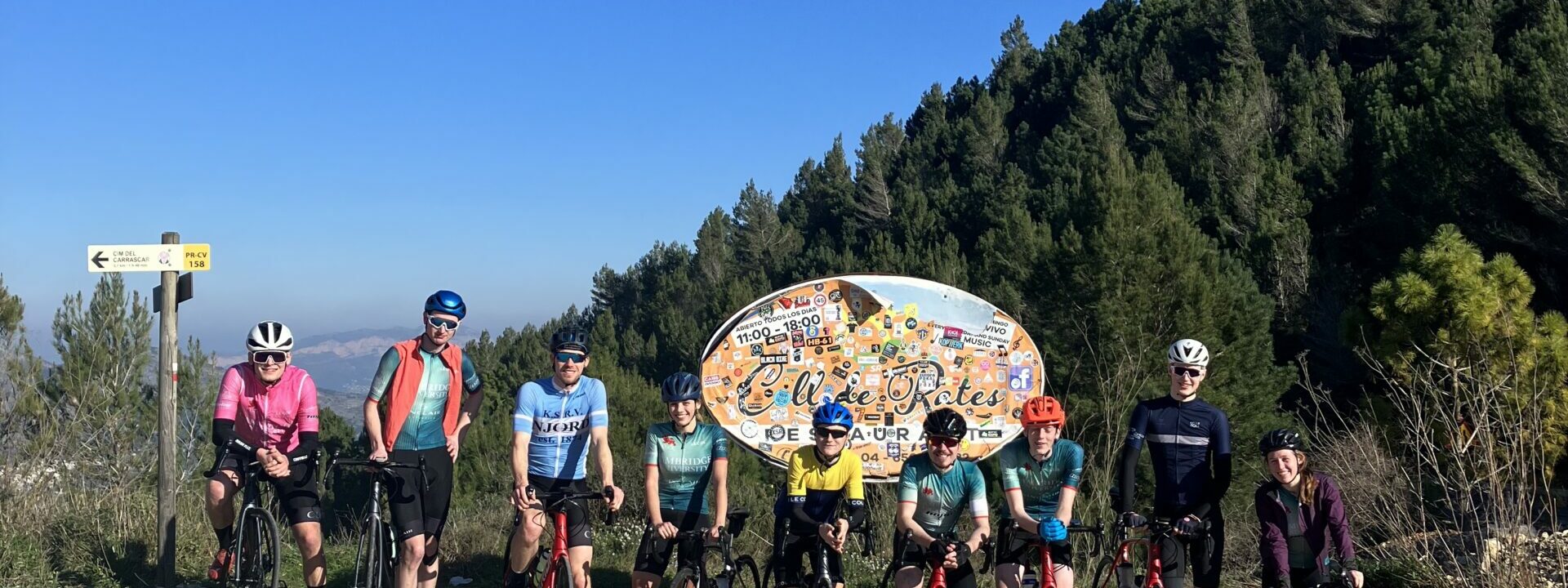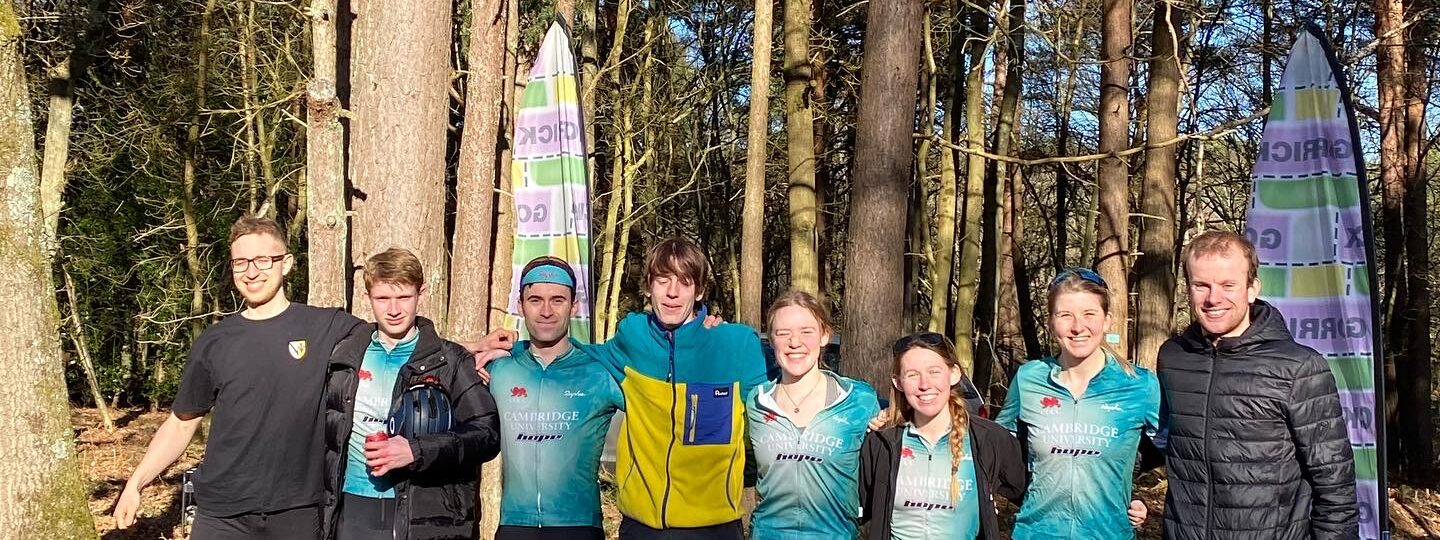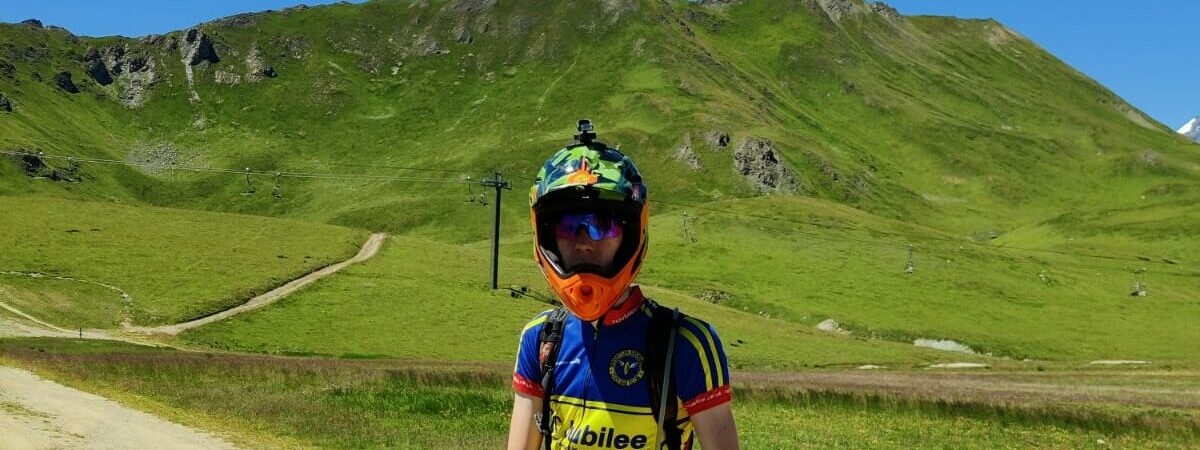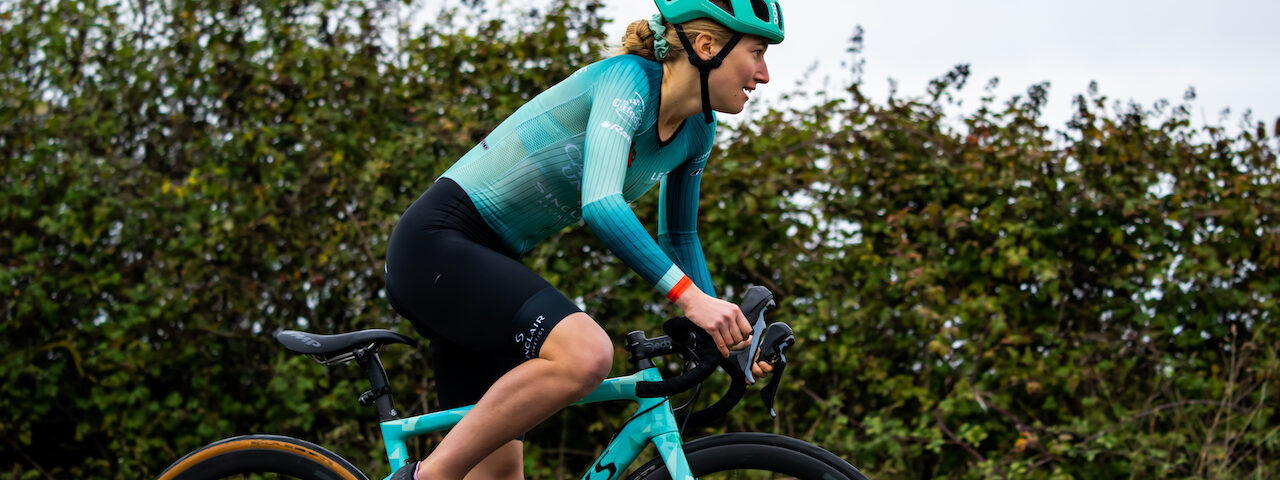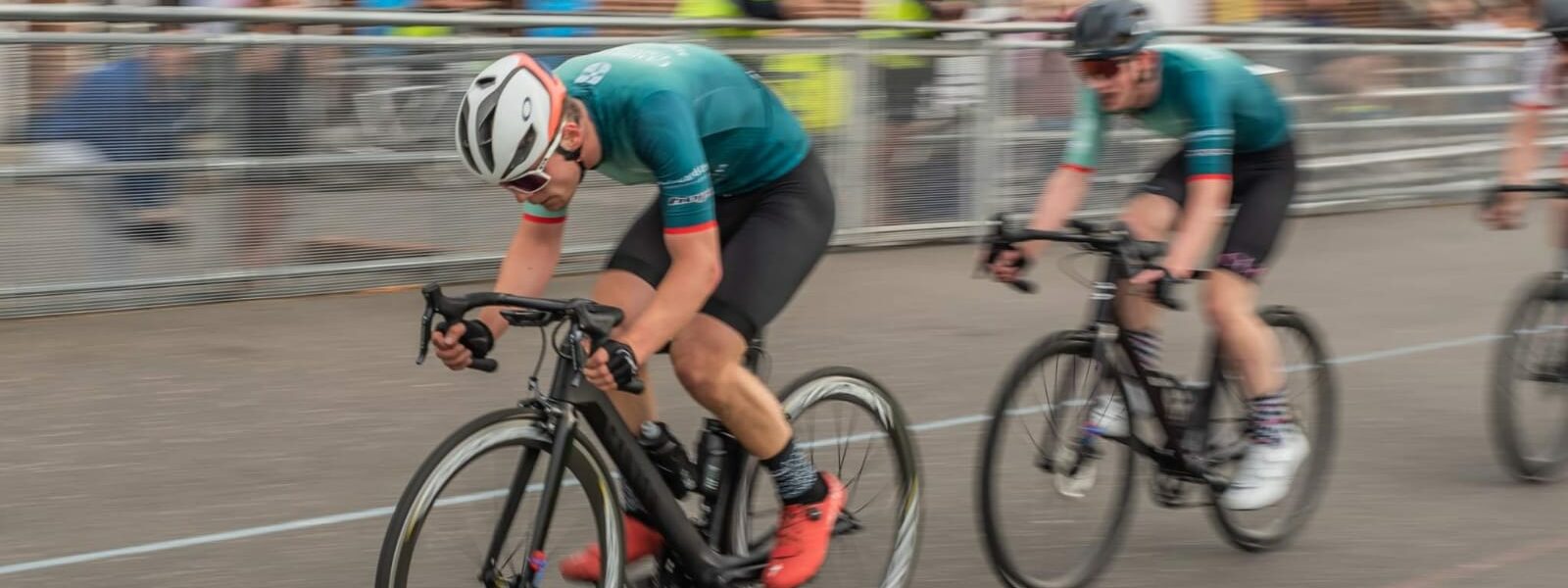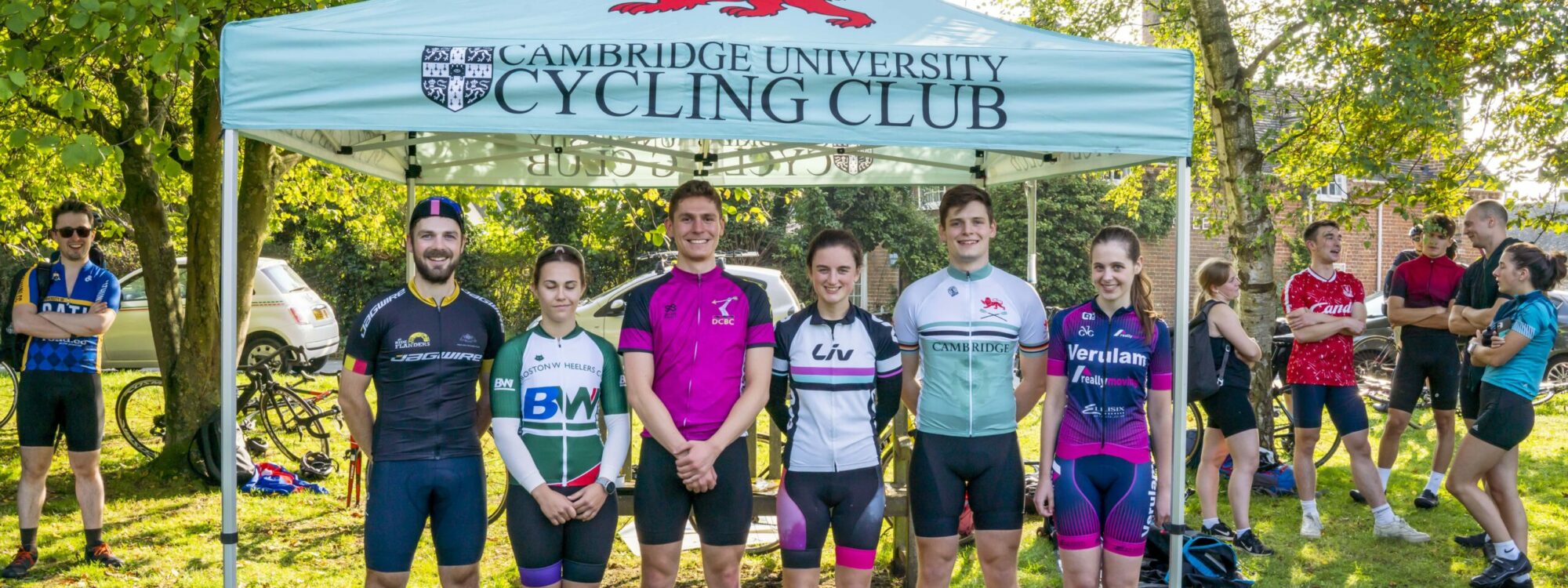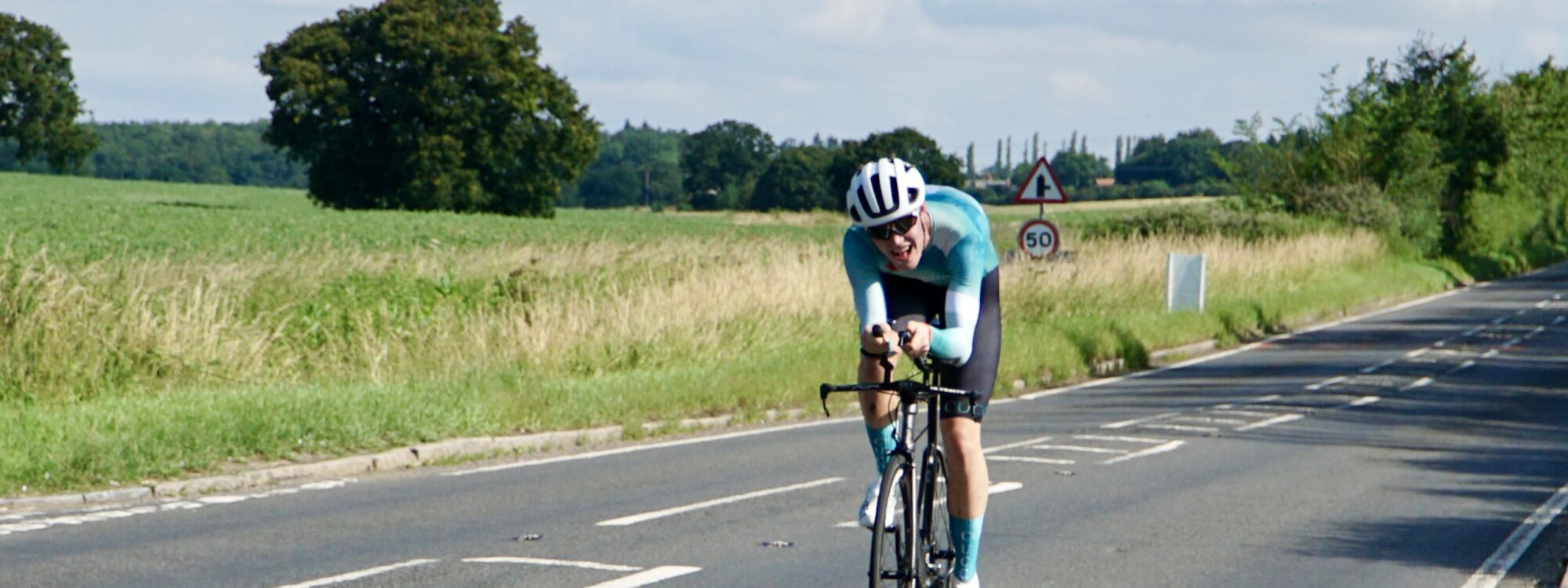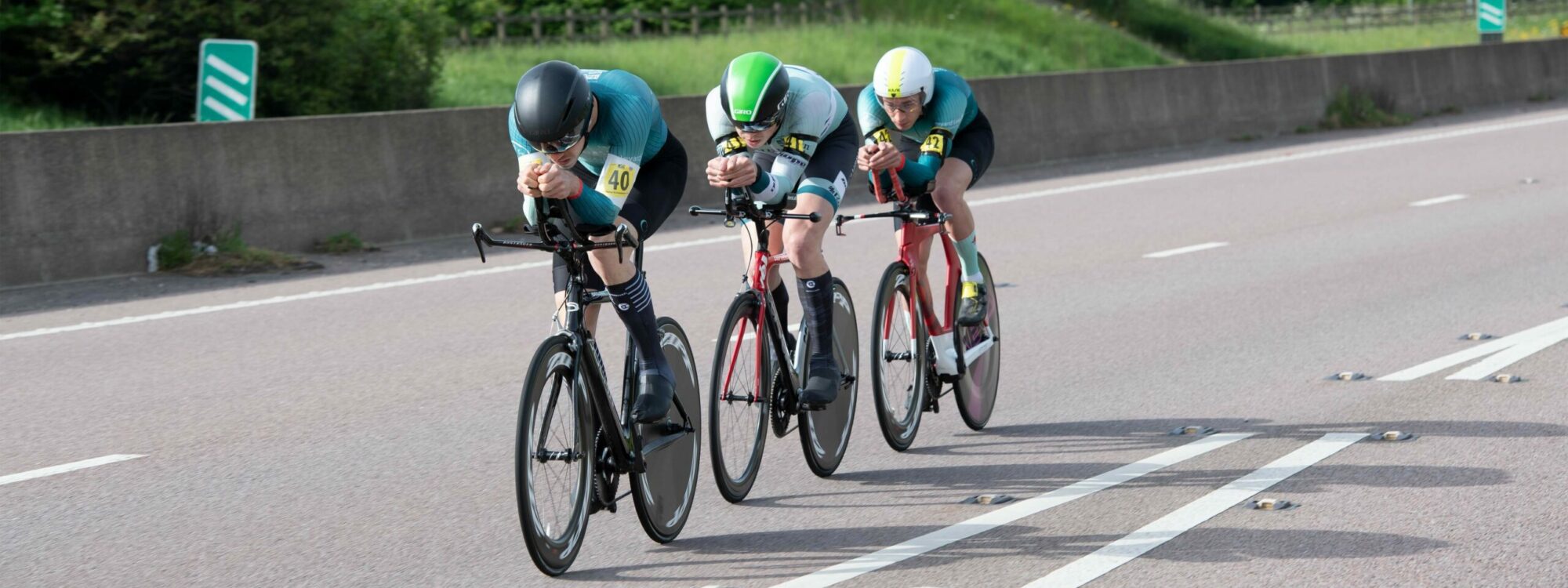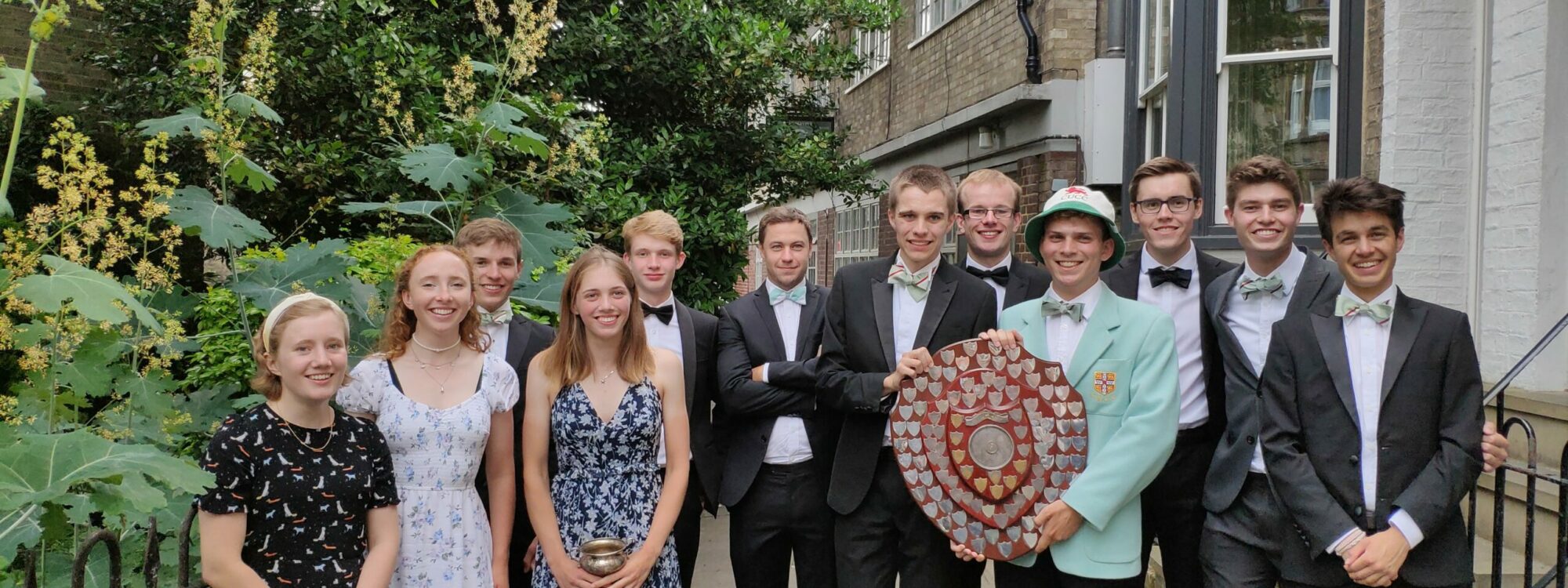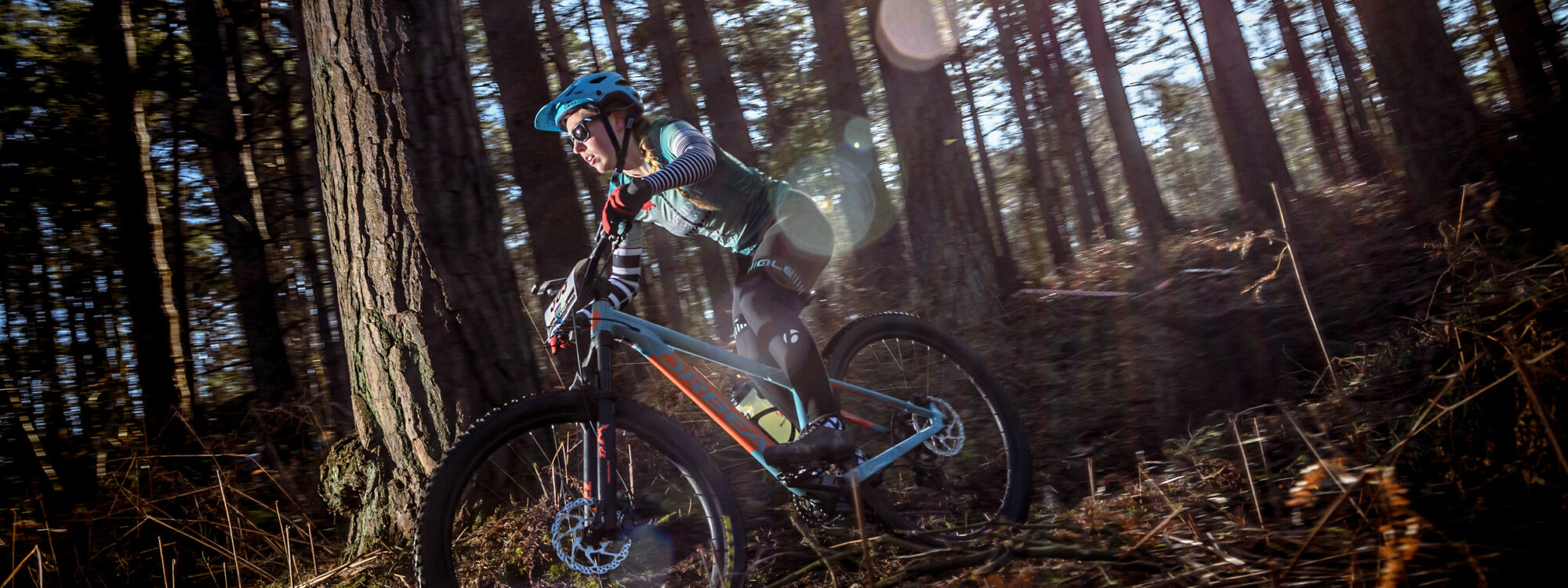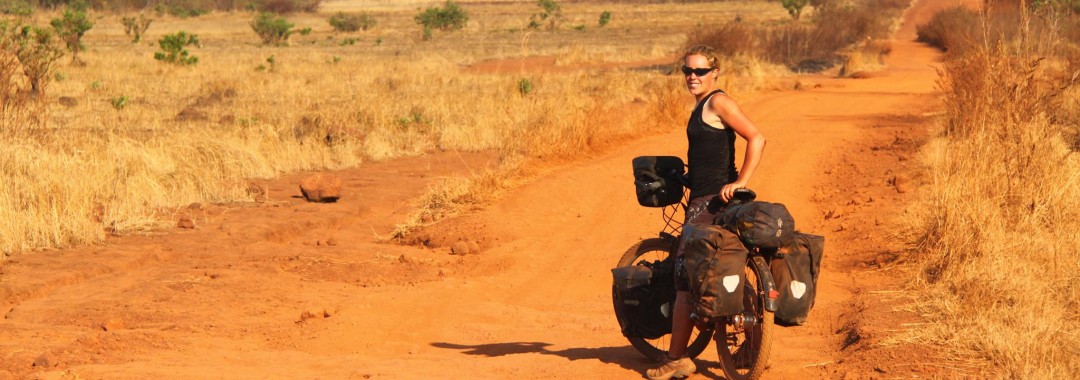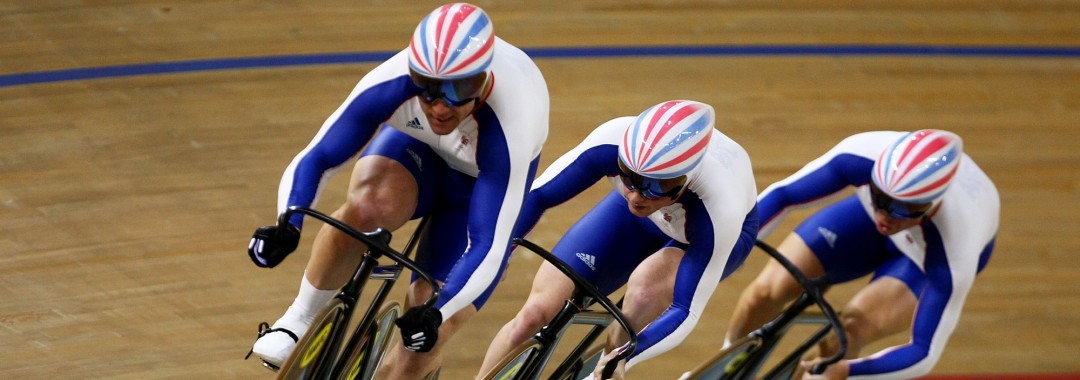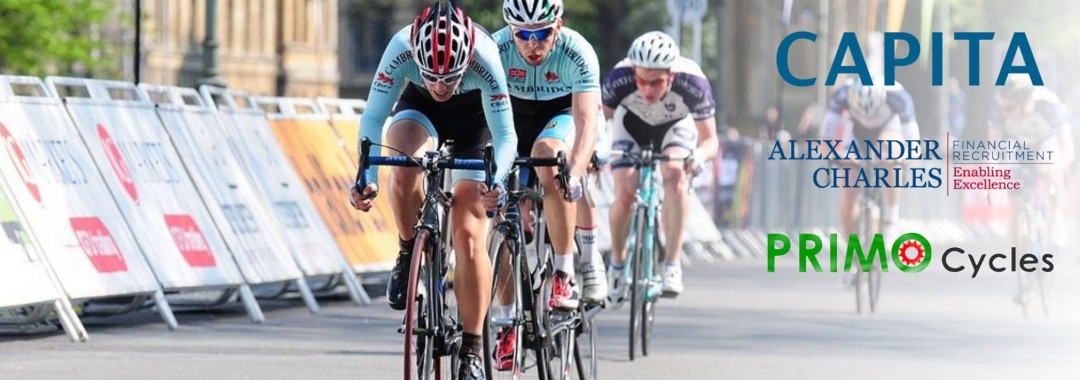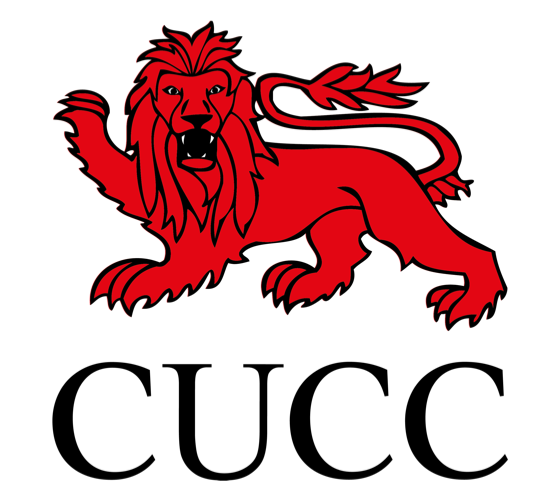
Cambridge University Cycling Club
We cater for all University members, providing access to all cycling disciplines from beginners to elite athletes.
As well as competing in BUCS races, we regularly organise social and touring rides which allow beginners to improve their fitness and to discover the countryside around Cambridge and beyond.
News about training, races, and results will be posted here. Check out our calendar of upcoming events on 'Training & Events'.
Sign up to the club mailing list here.
Lecture – Helen Lloyd: A Take On Adventure Travel
Feb 5, 2015 – 7pm
Pavilion Room, Hughes Hall CB1 2EW
Presented by Cambridge University Expeditions Society
Facebook event: here
Helen Lloyd has cycled 45,000km through 45 countries – under the Saharan sun and across Siberia in winter. She has also made remote journeys by river and horse. She talks about different styles of travel and what it’s like to travel alone.
Helen Lloyd was born in 1981 and grew up in Norfolk. She studied, and until recently worked in, engineering, juggling this with hockey, rowing, biking, adventure-racing and various other sports.A knee injury curtailed her sporting participation, but gave her extra time to indulge in other passions… namely travel and photography. The end result was that she quit her job, left England on a bike and cycled through Africa on her way to Cape Town, photographing all the way.
Come and hear about Helen’s adventures! Refreshments provided.
Lecture – Can science make a cyclist faster?
Jan 30, 2015
Winstanley Lecture Theatre, Trinity College
Presented by Trinity College Engineering Society.
Today’s sports are very professional and no stone is unturned in the quest to go faster, higher, further. Cycling leads most Olympic sports in its approach to technology intervention, simply because the speeds involved make attention to the pointers that simple engineering analysis reveal as important pays dividends, especially when the margins for victory can be so very small. Professor Tony Purnell of the University’s Engineering Department is the Head of Technology for British Cycling and will provide an overview of how science and technology have contributed to the raw speed of all Olympic cycling disciplines. He will show that it’s not just about incremental gains, but also about avoiding increment losses. Materials technology, sports science, aerodynamics, friction engineering, physiology and nutrition all contribute although these have to been seen in context with the bigger picture that there are no silver bullets. Determination, hard work and a clear mind still dominate, not to mention a good deal of talent.
Free and open to all. Refreshments from 18:45.
2015 Sponsors
Cambridge University Cycling Club is proudly sponsored by Capita PLC , Alexander Charles and PRIMO Cycles for the 2015 season.
